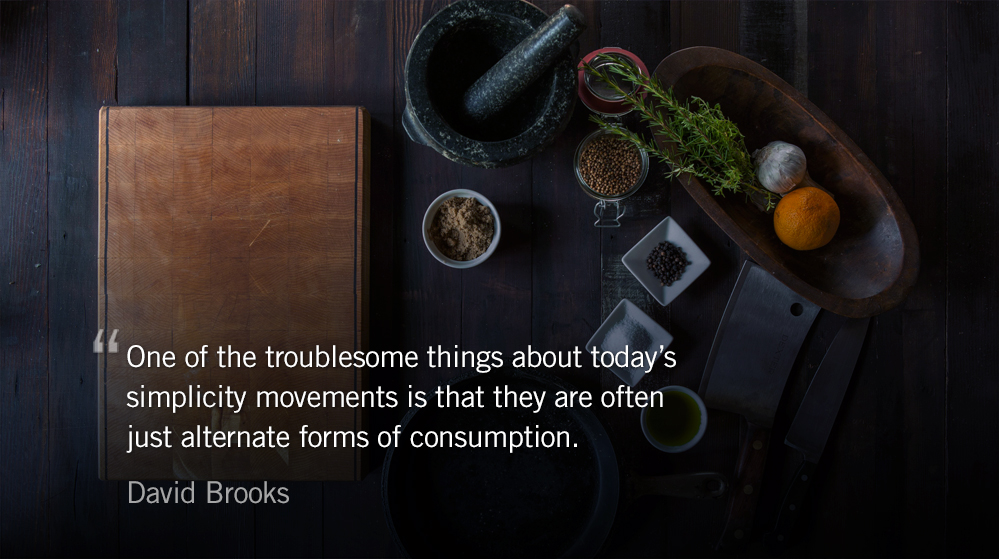Hebrews 4.12
For the word of God is living and active, sharper than any two-edged sword, piercing to the division of soul and of spirit, of joints and of marrow, and discerning the thoughts and intentions of the heart.
It is no mistake that today’s verse, on the power and efficacy of God’s word, falls directly in the middle of a passage about rest and weakness. The author opens by saying, “The promise of entering his rest still stands,” and ends with: “we do not have a high priest who is unable to sympathize with our weaknesses, but one who in every respect has been tempted as we are, yet without sin.”
Most people mistakenly believe that all you have to do to stop working is not work. The inventors of the Sabbath understood that it was a much more complicated undertaking. You cannot downshift casually and easily. This is why the Puritan and Jewish Sabbaths were so exactingly intentional. And not even our group leisure activities can do for us what Sabbath rituals could once be counted on to do. — Judith Shulevitz
We need rest, “to remind ourselves that there is more to us than our work, and the machinery of self-censorship must shut down, too, stilling the eternal inner murmur of self-reproach,” observes Judith Shulevitz in The New York Times. Shulevitz left the faith of her childhood only to become burned out by the torrent of modern striving.
We don’t have to strive, the author of Hebrews says, because Christ has striven — to the point of death — on our behalf. Creation is the story of rest interrupted; salvation the invitation back in. In this way Sabbath rest operates as a tuning fork.
We start each day with our personal security resting not on the accepting love of God and the sacrifice of Christ but on our present feelings or recent achievements in the Christian life. Since these arguments will not quiet the human conscience, we are inevitably moved either to discouragement and apathy or to a self-righteousness which falsifies the record to achieve a sense of peace. The faith that is able to warm itself at the fire of God’s love, instead of having to steal love and self-acceptance from other sources, is actually the root of peace. — Richard Lovelace
Only the word of God can do this. It cuts away at our disordered loves, prunes our pride, heals our brokenness. It’s living and active — and it brings the peace we need, now and for eternity.
Today’s Reading
2 Kings 22 (Listen – 3:45)
Hebrews 4 (Listen – 2:43)











